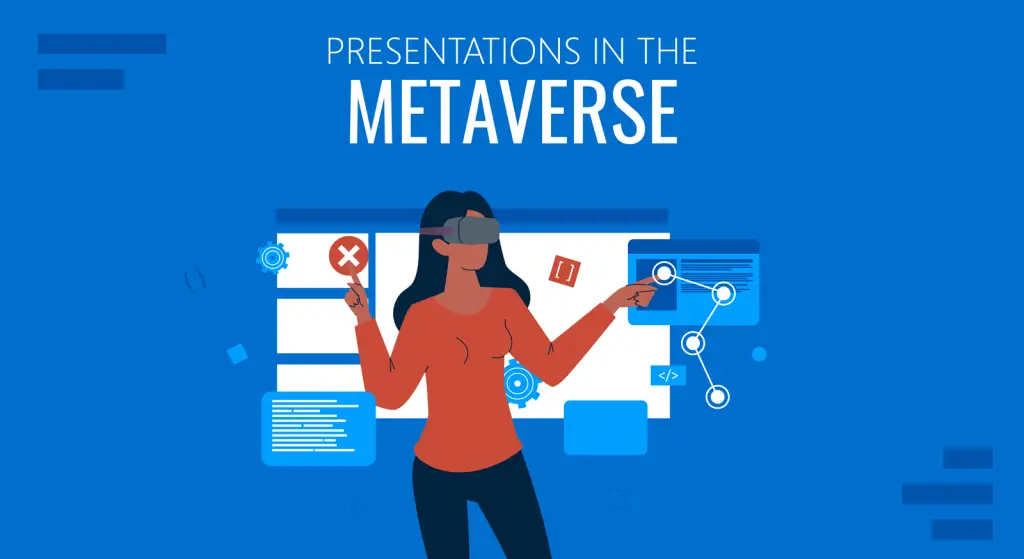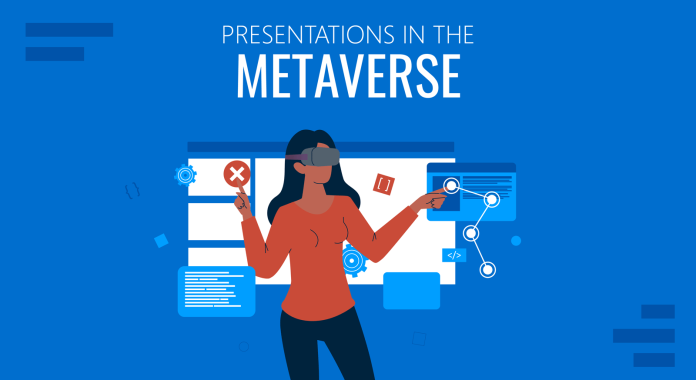
The metaverse is a term that is currently gaining widespread attention in the world of the internet, gaming, and technology. But, what is the metaverse and how does it work? In this article, we will provide a comprehensive introduction to the metaverse, including its definition, properties, and effects.
The metaverse is essentially a virtual world that exists online, where people can interact with one another, objects, and environments in a shared cyberspace. It can be thought of as the ultimate amalgamation of virtual and augmented realities, where digital interactions and experiences are seamlessly blended with the real world in real-time.
The concept of the metaverse initially appeared in Neal Stephenson’s 1992 novel Snow Crash, which depicted a future-world where people could interact within a coordinated virtual space known as the metaverse. However, the idea has recently become more feasible with the development of virtual reality (VR) technology, blockchain, and other emerging technologies.
The metaverse is characterized by several key properties that define its nature and workings. Firstly, it is a decentralized network that is secure, transparent, and immutable. It is maintained by a distributed network of computers that collaborate to store information and maintain the integrity of the system.
Secondly, the metaverse is populated by avatars, which are essentially digital representations of users. These avatars can be customized to reflect the identity and personality of the user, and can interact with other avatars and the virtual environment within the metaverse.
Thirdly, the metaverse is a dynamic system that is constantly evolving over time. It is shaped by the actions of its users, who can create and modify objects, environments, and social structures within the system.
Finally, the metaverse is a highly immersive space that provides a rich and engaging sensory experience to its users. It allows users to interact with others and the environment in a way that simulates real-life interactions, with all the associated emotions and sensations.
The potential impact of the metaverse is significant and far-reaching. Its decentralization means that it can operate independently of government and traditional institutions, providing a space for free expression and innovation. It also has the potential to transform industries such as entertainment, gaming, and education, as well as providing new opportunities for socialization and commerce.
In conclusion, the metaverse is a transformative concept that represents the convergence of various emerging technologies. It has the potential to create a new online space that is more immersive, engaging, and interactive than anything that has come before. While still in the early stages of development, the metaverse is an idea that is gaining momentum, and its impact on our world could be profound.

